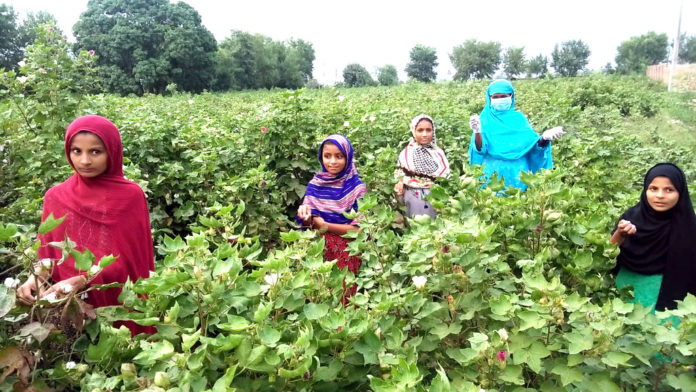ISLAMABAD (ABC) — Investing in digital connectivity and skill development to empower rural communities can be a strategic long-term investment as it will provide people with the necessary tools and opportunities to thrive in the digital age, thus alleviating poverty.
Speaking to WealthPK, Zulfiqar Ali Shaikh, Director General of Media Communications at Benazir Income Support Programme (BISP), said, “Poverty has become a major problem in low and middle-income countries, like Pakistan, owing to different reasons.
However, the government is taking different initiatives to reduce poverty levels by increasing the number of beneficiaries of BISP.”
He added that BISP stood out as a leading institution dedicated to the uplift of marginalised communities, which had offered financial assistance to 9.3 million households through its Kafaalat initiative.
“The government runs different poverty eradication and skill development programmes in remote areas with the help of non-governmental organisations.”
He said BISP had financially helped hundreds of thousands of families to start their own businesses. He said that BISP imparted technical and vocational training to 28,000 young people, including females.
He added that BISP formed millions of groups in different areas to provide services to people in the sectors of health, education and water supply.
“Due to the galloping inflation, the number of poor people has increased significantly,” he said, adding that most people could not meet their needs with their limited resources, thus forcing them to borrow money to fulfill their daily needs.
Zulfiqar opined that investing in digital infrastructure in rural areas was essential for equitable development and inclusive growth.
“While the progress in enhancing digital infrastructure nationwide is commendable, there is a critical need to prioritise the development of rural digital infrastructure, particularly in provinces like Khyber Pakhtunkhwa and Balochistan.
By doing so, Pakistan can foster inclusive growth, empower marginalised communities, and pave the way for a more digitally inclusive future,” he stressed.
According to the World Bank, the poverty rate in Pakistan witnessed a significant increase in the fiscal year 2022-23 as approximately 39.4% of the population, around 95 million, was living below the poverty line. During the year approximately 12.5 million people were pushed into poverty due to poor economic conditions.

